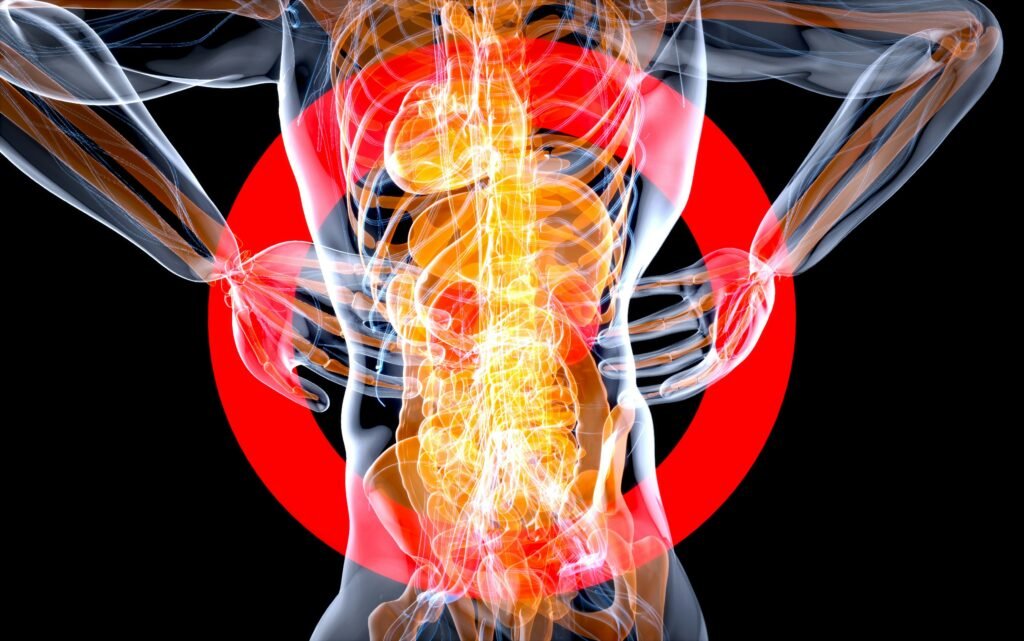The Silent Epidemic of CKD
Chronic Kidney Disease (CKD) is a global health crisis, affecting over 850 million people worldwide. Often dubbed a “silent killer,” CKD progresses stealthily, with symptoms appearing only after significant kidney damage. This Chronic Kidney Disease case study follows a patient’s journey from diagnosis to management, highlighting the power of early intervention and lifestyle changes.
Why Case Studies Matter:
- They bridge the gap between medical theory and real-world patient experiences.
- Stories humanize data, making complex conditions like CKD relatable and actionable.
Understanding Chronic Kidney Disease: Stages, Symptoms, and Causes
What is Chronic Kidney Disease?
Chronic Kidney Disease is the gradual, irreversible loss of kidney function, classified into 5 stages based on Glomerular Filtration Rate (eGFR):
- Stage 1 (eGFR >90): Mild damage with normal function.
- Stage 2 (eGFR 60–89): Slight decline.
- Stage 3 (eGFR 30–59): Moderate damage (fatigue, swelling).
- Stage 4 (eGFR 15–29): Severe decline (nausea, shortness of breath).
- Stage 5 (eGFR <15): Kidney failure, requiring dialysis or transplant.
Common Symptoms
- Fatigue and weakness
- Swollen ankles, feet, or hands
- Foamy or bloody urine
- Persistent itching
Top Causes of CKD
- Diabetes (40% of cases): High blood sugar damages kidney blood vessels.
- Hypertension (25% of cases): Uncontrolled BP strains kidney filters.
- Genetic Disorders: Polycystic Kidney Disease (PKD).
- Lifestyle Factors: High-sodium diets, smoking, and NSAID overuse.
Chronic Kidney Disease Case Study: A 58-Year-Old’s Journey
Patient Profile
- Age/Gender: 58-year-old male.
- Occupation: Office worker (sedentary lifestyle).
- Medical History: Type 2 diabetes (10 years), hypertension, smoker (1 pack/day for 20 years).
- Family History: Father died of kidney failure at 65.
Early Warning Signs
- Year 1: Occasional fatigue attributed to aging.
- Year 2: Swollen ankles and foamy urine.
- Year 3: Diagnosed with anemia during a routine checkup.
Diagnosis Process
- Blood Tests:
- Creatinine: 2.1 mg/dL (normal: 0.7–1.3 mg/dL).
- eGFR: 45 mL/min (Stage 3 CKD).
- Urinalysis: Proteinuria (3+ protein).
- Imaging: Kidney ultrasound showed reduced size and scarring.
Treatment Plan
- Medications:
- ACE Inhibitors (Lisinopril): To reduce proteinuria and lower BP.
- Erythropoietin (EPO): For anemia management.
- Statins: To control cholesterol.
- Dietary Changes:
- Low Sodium: <1,500 mg/day (avoid processed foods).
- Controlled Protein: 0.6g/kg body weight (e.g., 40g/day for a 70kg person).
- Potassium/Phosphorus Limits: Avoid bananas, potatoes, and dairy.
- Lifestyle Adjustments:
- Exercise: Daily 30-minute walks.
- Smoking Cessation: Nicotine patches and counseling.
Challenges Faced
- Dietary Discipline: Struggles with cravings for salty snacks.
- Mental Health: Anxiety about disease progression.
Outcomes After 2 Years
- eGFR Stabilized: 42 mL/min (from 45).
- Blood Pressure: Reduced from 160/95 to 130/85 mmHg.
- HbA1c: Improved from 8.5% to 6.8%.
Key Takeaways from This Chronic Kidney Disease Case Study:
- Early screening in high-risk patients is non-negotiable.
- Multidisciplinary care (nephrologist + dietitian) improves adherence.
Read Also: Understanding Hippocampal Atrophy
Preventing CKD: Lessons from the Case Study
Early Detection Saves Lives
- Who Should Get Screened?
- Diabetics, hypertensives, and those over 60.
- Individuals with a family history of CKD.
- Tests to Request Annually:
- eGFR and creatinine blood tests.
- Urine Albumin-to-Creatinine Ratio (UACR).
Kidney-Friendly Diet: A Day in the Life
| Meal | CKD-Friendly Options |
| Breakfast | Oatmeal with blueberries (low potassium) |
| Lunch | Grilled chicken salad (no dressing) |
| Snack | Apple slices (low phosphorus) |
| Dinner | Baked cod with steamed cauliflower |
Avoid: Processed meats, dark sodas, and canned soups (high sodium).
Exercise and Stress Management
- Low-Impact Workouts: Swimming, yoga, or tai chi (3–4x/week).
- Stress Reduction: Mindfulness apps like Headspace reduced the patient’s anxiety by 40%.
FAQs: Answering Top CKD Questions
Q: Can CKD be reversed?
A: Early-stage damage (Stages 1–3) can be slowed but not reversed. This Chronic Kidney Disease case study shows stabilization is possible with strict management.
Q: What’s the life expectancy for CKD patients?
A: With proper care, Stage 3 patients often live 10–20 years without dialysis.
Q: Is alcohol safe for CKD patients?
A: Limit to 1 drink/day for men, and avoid if you have fluid retention.
Q: Can herbal supplements help kidneys?
A: Many herbs (e.g., licorice, astragalus) are unsafe—always consult your doctor.
Conclusion: Take Charge of Your Kidney Health
This Chronic Kidney Disease case study underscores a vital message: CKD is manageable with early action. Key steps include:
- Prioritizing annual screenings if you’re at risk.
- Adopting a kidney-friendly diet and active lifestyle.
- Building a support network with healthcare providers.
Your Call to Action:
Share this article to raise CKD awareness.
Comment below with your questions or experiences.



